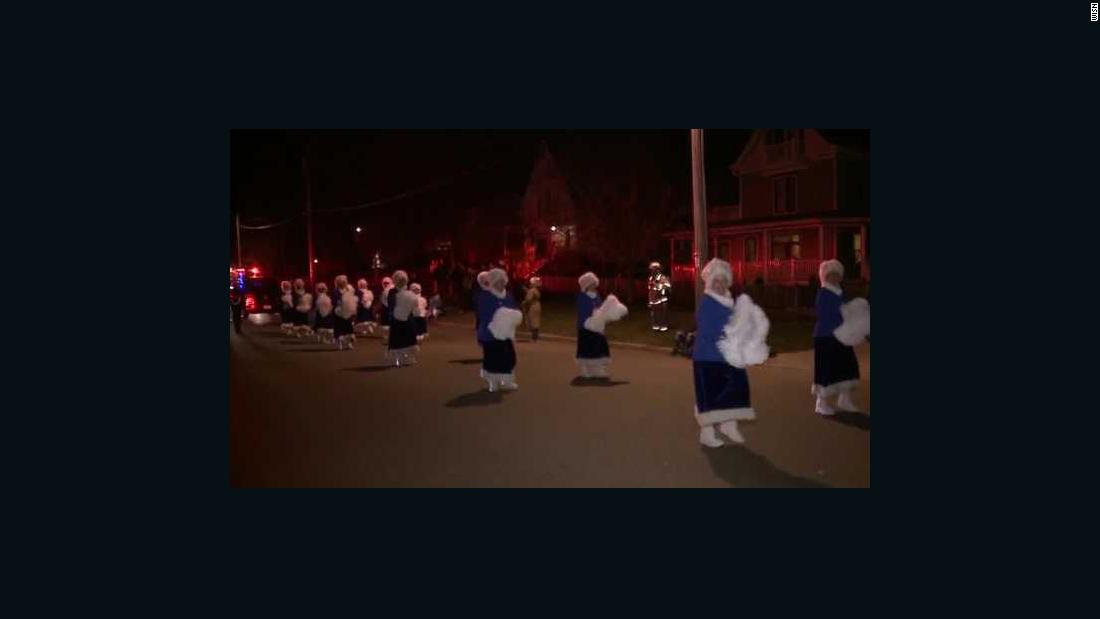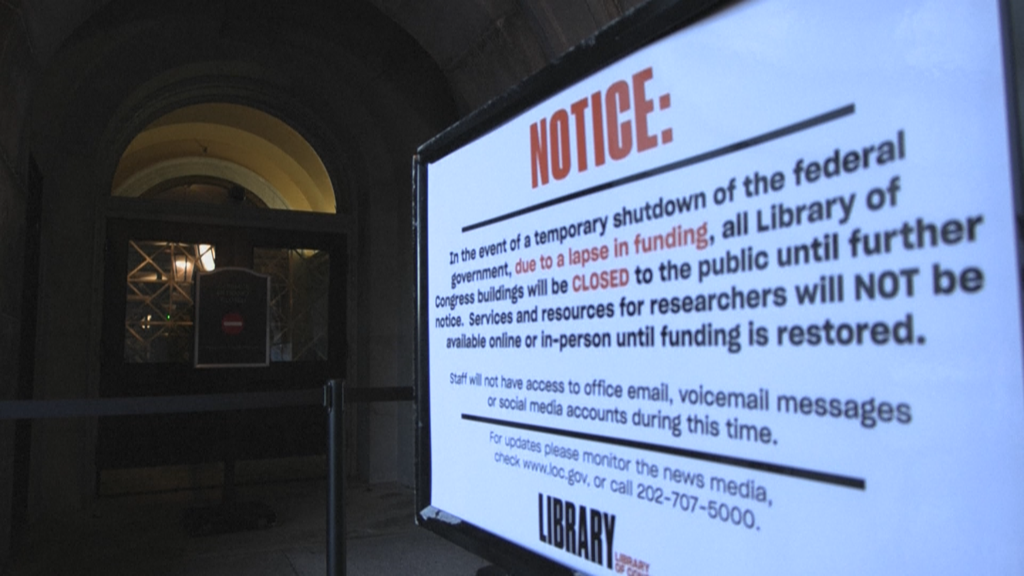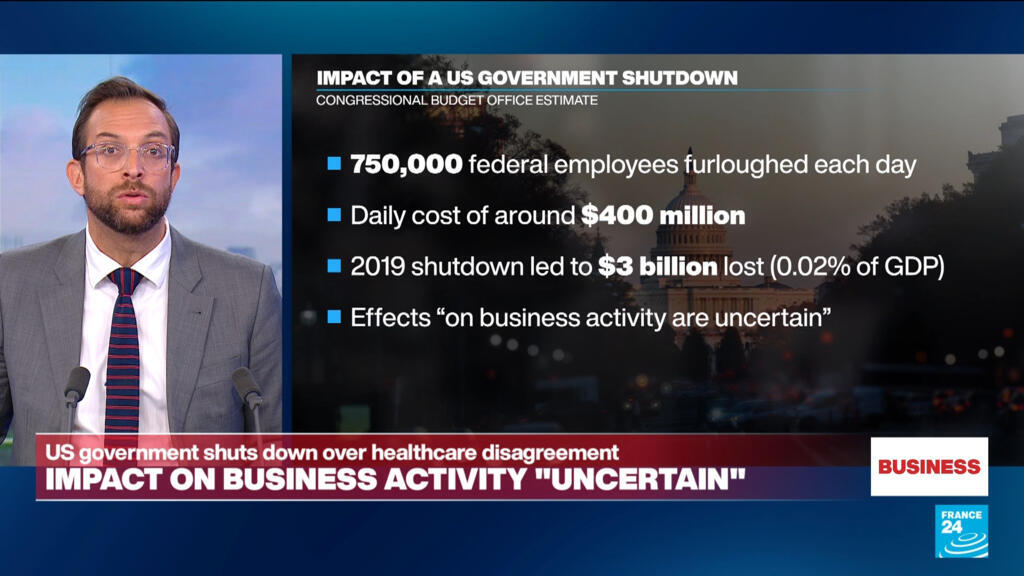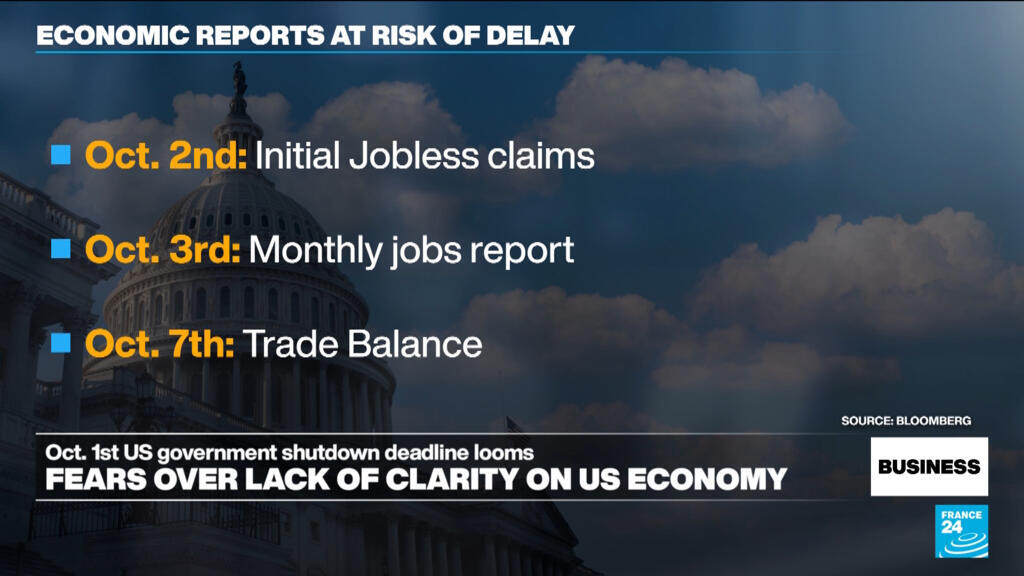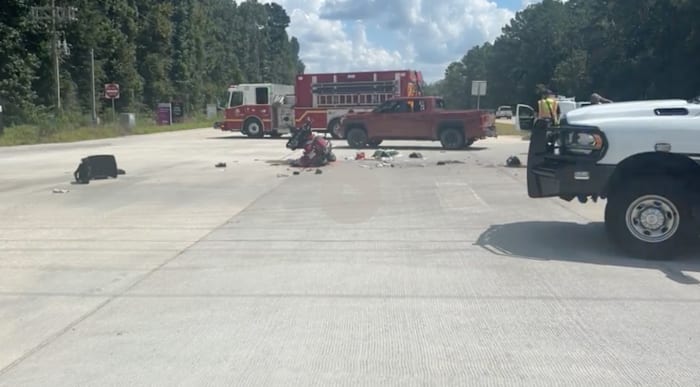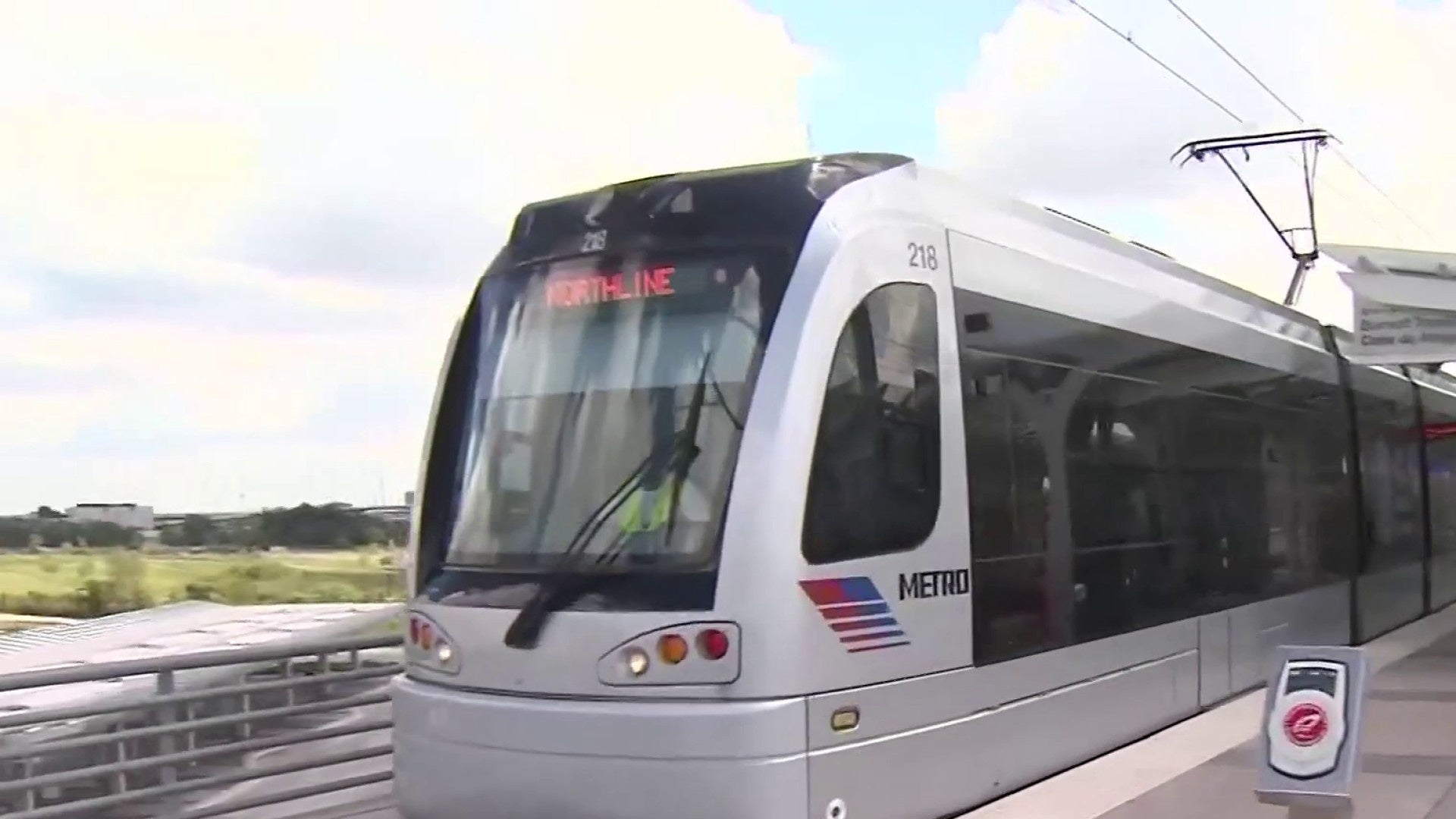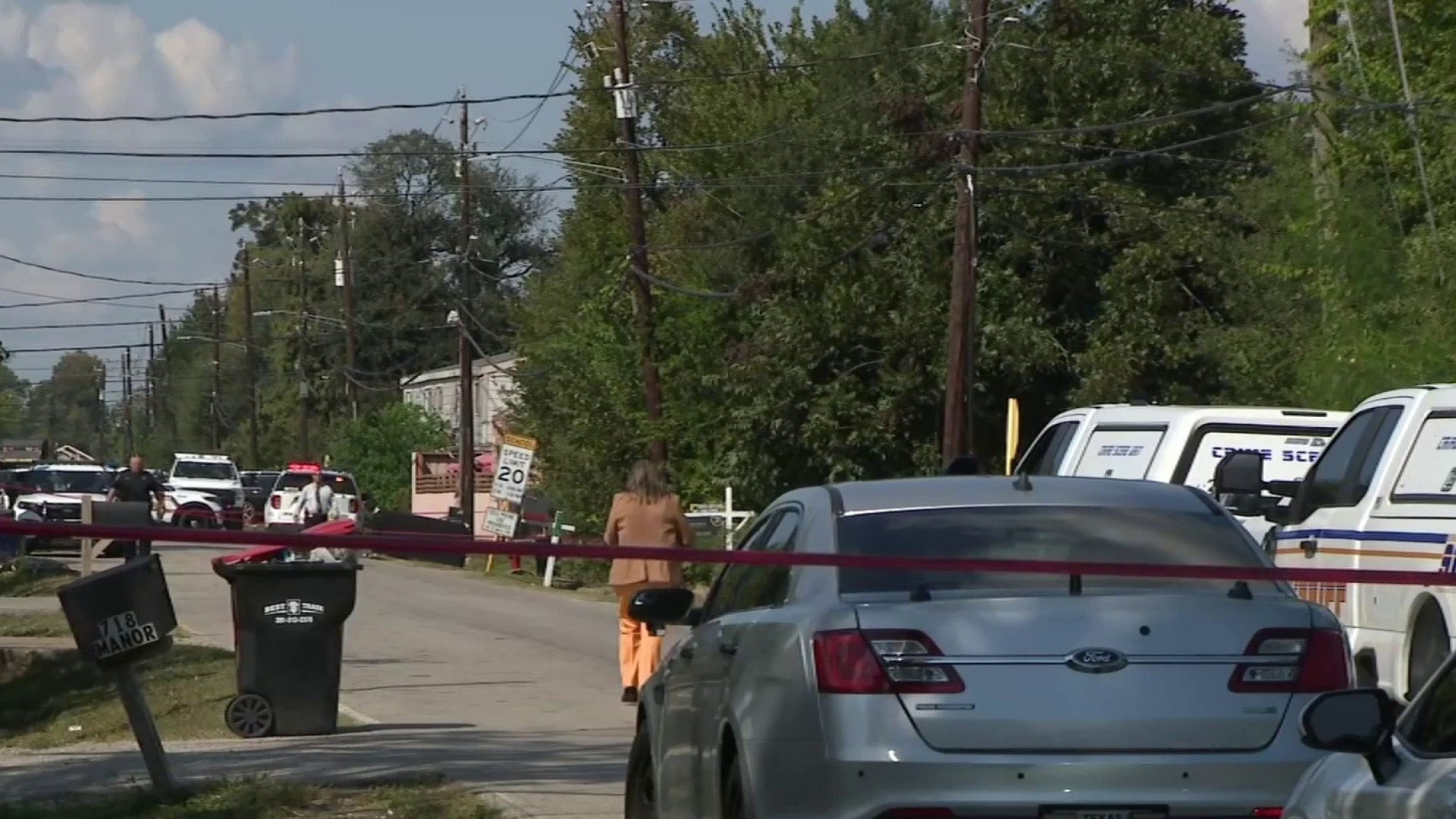Texas General Election 2025: The 17 propositions you need to know about
The article outlines the 17 proposed amendments to the Texas Constitution that voters will consider in the 2025 Texas General Election. These propositions cover a wide array of topics, including funding for education and infrastructure, tax exemptions, criminal justice reforms, and public health initiatives. Each amendment is summarized with its purpose, potential impacts, and the arguments from both supporters and opponents, providing a comprehensive overview of how these changes could affect residents across the state.

Texas follows a two-year election cycle, with state and national races in even years and local government and constitutional amendments in odd years.
Since 2025 is an odd-numbered year, voters across the state will weigh in on 17 proposed changes to the Texas Constitution. These amendments cover a wide range of issues, from education funding and tax exemptions to criminal justice reforms and public health investments.
Keep reading for a breakdown of each proposition’s purpose, potential impact, supporters’ and opponents’ views, and examples of how they could affect Texans:
Proposition 1 (SJR 59) — Texas State Technical College funding
Purpose: Create two treasury accounts to support Texas State Technical College (TSTC) for buildings, equipment, land, and construction debt.
What it would do: Establish a Permanent Technical Institution Infrastructure Fund (a long-term savings account that uses investment earnings) and an Available Workforce Education Fund for spending. The Legislature sets deposit amounts and spending limits.
Supporters say: It ensures long-term, predictable funding for workforce training and modern equipment, benefiting students, employers, and local economies.
Opponents say: The amendment creates the accounts but doesn’t immediately put money in them. Lawmakers will decide later how much money to deposit and set spending limits.
Impact if it passes: Interest earned from the permanent fund could finance new labs or CNC machines for TSTC campuses.
Proposition 2 (SJR 18) — Capital gains tax ban
Purpose: Prevent Texas from ever taxing capital gains, both realized (profits from sales) and unrealized (value increased without sale).
What it would do: Constitutionally ban state taxes on gains from investments or property, whether sold or not.
Supporters say: Provides certainty for investors and business owners, potentially attracting and retaining businesses.
Opponents say: Locks out a future revenue source that could fund public programs.
Impact if it passes: If you bought bitcoin for $1,000 and sold it for $3,000, Texas could never tax that $2,000 profit.
Proposition 3 (SJR 5) — Bail reform
Purpose: Allow judges to deny bail for certain serious crimes if defendants are likely to flee or pose danger.
What it would do: Change the Texas Constitution to let judges hold defendants without bail in cases like murder, aggravated assault, sexual assault, and trafficking.
Supporters say: Enhances public safety and protects victims by keeping dangerous individuals detained pretrial.
Opponents say: Risks detaining innocent people and may disproportionately affect minorities and low-income defendants.
Impact if it passes: A judge could deny bail to someone charged with aggravated sexual assault who threatened witnesses and has a history of skipping court.
Proposition 4 (HJR 7) — Water infrastructure funding
Purpose: Dedicate part of state sales tax revenue to water projects and set rules for the Texas Water Fund.
What it would do: Direct $1 billion or more annually from sales taxes into the Texas Water Fund, with at least 25% for new water supply projects.
Supporters say: Provides stable funding for water infrastructure and long-term planning.
Opponents say: Reduces budget flexibility by dedicating sales tax revenue, possibly limiting funds for other priorities.
Impact if it passes: Funding could support new reservoirs, pipelines, or desalination plants.
Proposition 5 (HJR 99) — Tax exemption for animal feed sold in stores
Purpose: Exempt animal feed (food for livestock animals and pets) sold in stores from property taxes.
What it would do: Allow the Legislature to exempt store-sold animal feed from property (ad valorem) taxes.
Supporters say: Helps farmers, ranchers, and pet stores by lowering costs.
Opponents say: Causes small revenue losses for local governments.
Impact if it passes: A pet store might no longer pay property tax on its feed inventory.
Proposition 6 (HJR 4) — Ban on taxes for securities trades and brokers
Purpose: Stop the state from charging taxes on stock trades or on people and companies involved in the securities market.
What is the securities market? It’s the marketplace where people buy and sell investments like stocks and bonds. This includes stock exchanges, brokers, and traders who help make these trades happen.
What it would do: Make it illegal for Texas to tax brokers, stock exchanges, or individual trades.
Supporters say: This helps grow the financial industry by avoiding complicated taxes that might scare businesses away.
Opponents say: It takes away a possible way for the state to raise money in the future.
Impact if it passes: Texas wouldn’t be able to tax every stock trade or charge brokers a special fee for their work.
Proposition 7 (HJR 133) — Property tax exemption for veterans’ surviving spouses
Purpose: Allow the Legislature to exempt surviving spouses of veterans who died from service-related conditions from property taxes, no matter their veteran’s disability rating at the time of death.
What it would do: Permit exemptions and allow surviving spouses to keep the exemption if they move, as long as they don’t remarry.
Supporters say: Provides financial relief to surviving spouses on fixed incomes.
Opponents say: Could reduce local tax revenue.
Impact if it passes: A surviving spouse could have part or all of their property tax bill reduced after a veteran’s service-related death.
Proposition 8 (HJR 2) — Inheritance and estate tax ban
Purpose: Stop Texas from creating or expanding any state death, inheritance, or wealth transfer taxes beyond what existed on January 1, 2025.
What it would do: Add a constitutional ban that prevents lawmakers from enacting new or bigger state estate or inheritance taxes.
Supporters say: This protects families’ wealth and gives them certainty about their tax situation.
Opponents say: It limits the state’s ability to raise money for public programs in the future.
Impact if it passes: If Texas wanted to start charging heirs a new inheritance tax, this amendment would block that.
Proposition 9 (HJR 1) — Inventory and equipment tax exemption
Purpose: Let the Legislature exempt up to $125,000 of business personal property from property taxes.
What it would do: Authorize exemptions for business equipment, inventory, and tools up to $125,000 in value.
Supporters say: Helps small businesses reduce costs and invest in equipment.
Opponents say: Could reduce local tax revenue, impacting public services.
Impact if it passes: A bakery with $80,000 in ovens would not pay property tax on that equipment.
Proposition 10 (SJR 84) — Tax exemption for homes destroyed by fire
Purpose: Allow temporary property tax exemption for homes totally destroyed by fire.
What it would do: Allow lawmakers to suspend property taxes on destroyed homesteads during rebuilding.
Supporters say: Provides critical financial relief to fire victims.
Opponents say: Could complicate tax administration and reduce local revenue temporarily.
Impact if it passes: A homeowner whose house burned down could avoid property taxes while rebuilding.
Proposition 11 (SJR 85) — Increase school homestead exemption for seniors and disabled
Purpose: Let the Legislature raise the school homestead exemption for homeowners 65+ or disabled from $10,000 up to $60,000.
What it would do: Allow higher exemptions to reduce school property tax bills for qualifying homeowners.
Supporters say: Eases tax burdens on vulnerable residents.
Opponents say: Could increase state costs due to reimbursement requirements.
Impact if it passes: A senior homeowner could pay school taxes on $140,000 instead of $190,000 of their home’s value. Here is a breakdown:
If the home’s taxable value is $200,000
- With the current $10,000 exemption, the homeowner pays school taxes on $190,000 ($200,000 - $10,000).
- If the exemption increases to $60,000, the homeowner would pay school taxes on $140,000 ($200,000 - $60,000).
Proposition 12 (SJR 27) — State Commission on Judicial Conduct reform
Purpose: Update how Texas investigates and disciplines judges and revise commission membership and review procedures.
What it would do: Change commission rules, allow clearer sanctions, create a 7-justice review tribunal, and reset membership in 2026.
Supporters say: Improves accountability and consistency in judicial discipline.
Opponents say: Concerns about politicization of appointments.
Impact if it passes: Misconduct complaints against judges could be handled more efficiently.
Proposition 13 (SJR 2) — Raise homestead exemption for school taxes
Purpose: Increase the school property tax exemption from $100,000 to $140,000 and make sure the state reimburses schools for the lost revenue.
What it would do: Let homeowners pay school taxes on a smaller portion of their home’s value.
Supporters say: This gives homeowners across the board some much-needed tax relief.
Opponents say: It adds a long-term cost to the state budget because the state has to make up the difference for schools.
Impact if it passes: If your home is worth $300,000, you’d pay school taxes on $160,000 instead of $200,000.
Proposition 14 (SJR 3) — Dementia Prevention and Research Institute funding
Purpose: Create a state institute and transfer $3 billion to fund dementia and related brain disease research and facilities.
What it would do: Establish the institute and fund with a $3 billion transfer, supporting grants, clinical trials, and facilities.
Supporters say: Major investment in public health research with potential breakthroughs.
Opponents say: Large upfront cost and ongoing budget commitments. Debates about how funds are allocated and matched.
Impact if it passes: Houston medical centers could receive grants for Alzheimer’s research.
Proposition 15 (SJR 34) — Codify parental rights in the Constitution
Purpose: Make parents’ rights to raise and educate children a fundamental constitutional right.
What it would do: Establish parents as the primary decision-makers for their children’s education, healthcare, and upbringing, giving their authority constitutional protection.
Supporters say: Protects family autonomy and parental authority.
Opponents say: Could make it harder to protect children and enforce public health measures.
Impact if it passes: Parents could challenge school policies made without their approval.
Proposition 16 (SJR 37) — Clarify that only U.S. citizens may vote
Purpose: Explicitly require U.S. citizenship to vote in Texas elections.
What it would do: Add a citizenship requirement to the state Constitution, barring non-citizen voting.
Supporters say: Ensures uniform voter eligibility rules.
Opponents say: May be unnecessary and politically motivated.
Impact if it passes: Houston could not allow green-card holders to vote in local elections.
Proposition 17 (HJR 34) — Property tax exemption for border security improvements
Purpose: Let people who live in Texas towns along the border get a property tax break for security upgrades like fences, cameras, or walls.
What it would do: Allow lawmakers to exempt the extra value added by these border security improvements from property taxes in counties that border Mexico.
Supporters say: This encourages private landowners to invest in border security.
Opponents say: It could reduce local tax revenue and there’s debate about how much it actually improves security.
Impact if it passes: A rancher living in a border town who installs a new fence might not have to pay property taxes on the added value that fence brings to their land.
Early voting in Texas began on October 20 and runs through October 31. After that, voters can cast their ballots on Election Day, which is Tuesday, November 4.
Let us know if you have any questions on the propositions!








